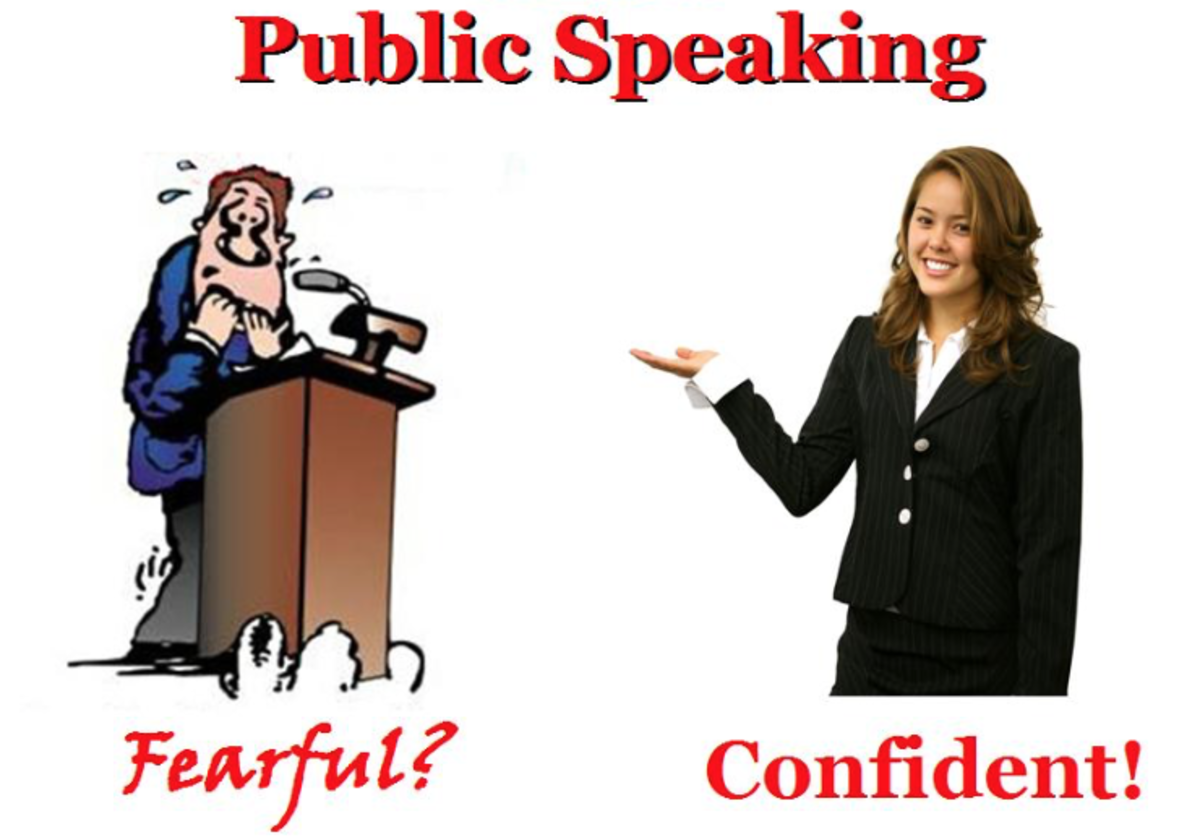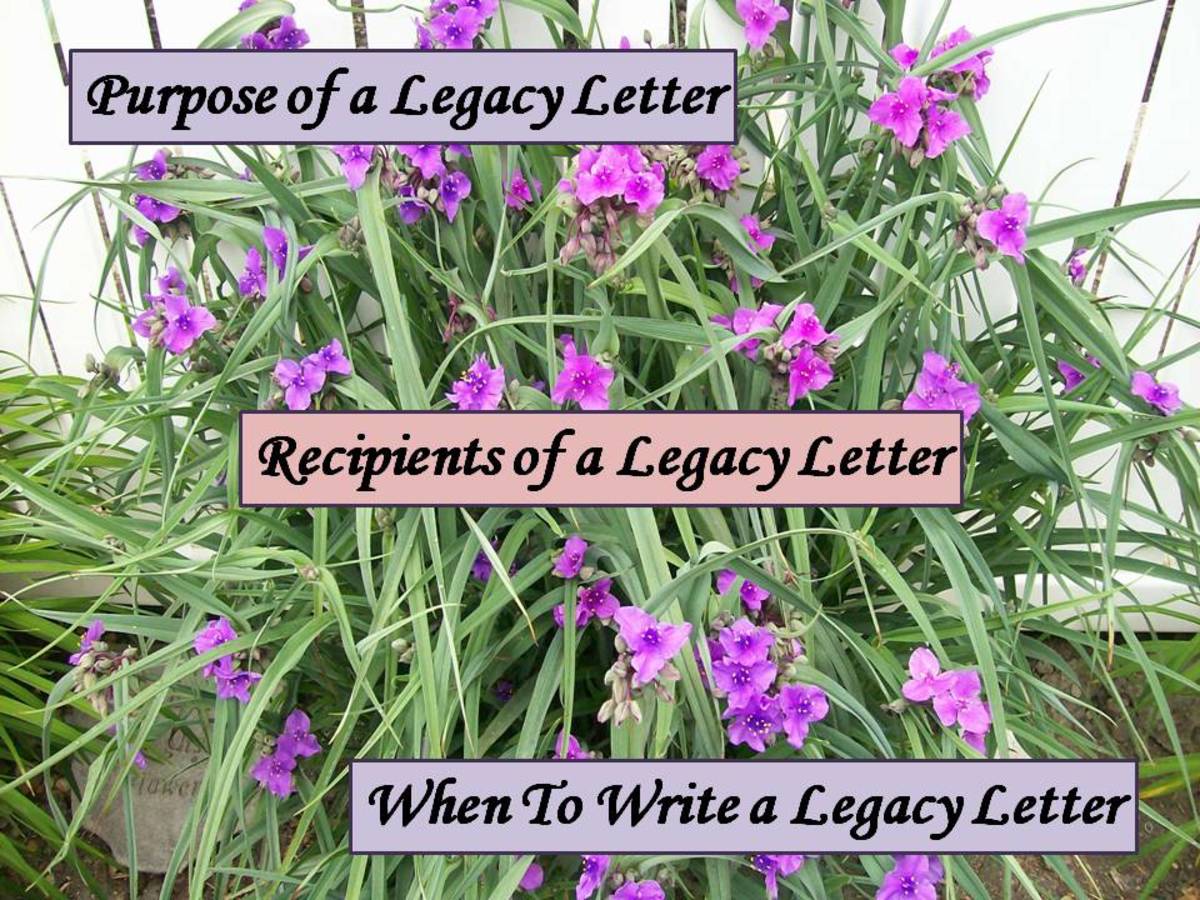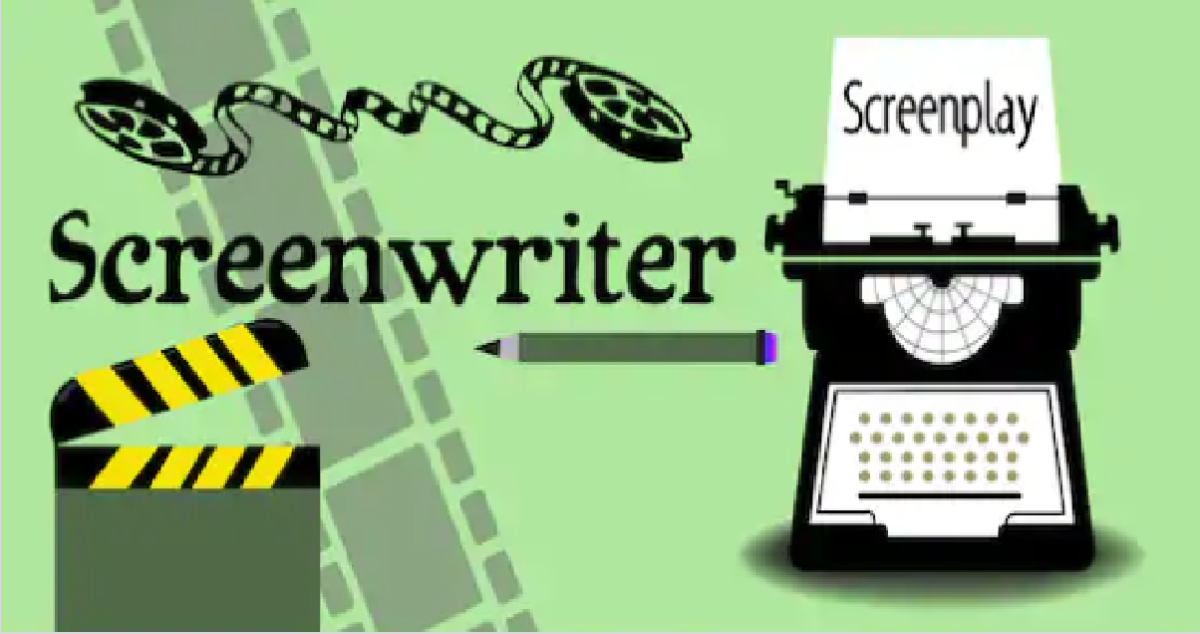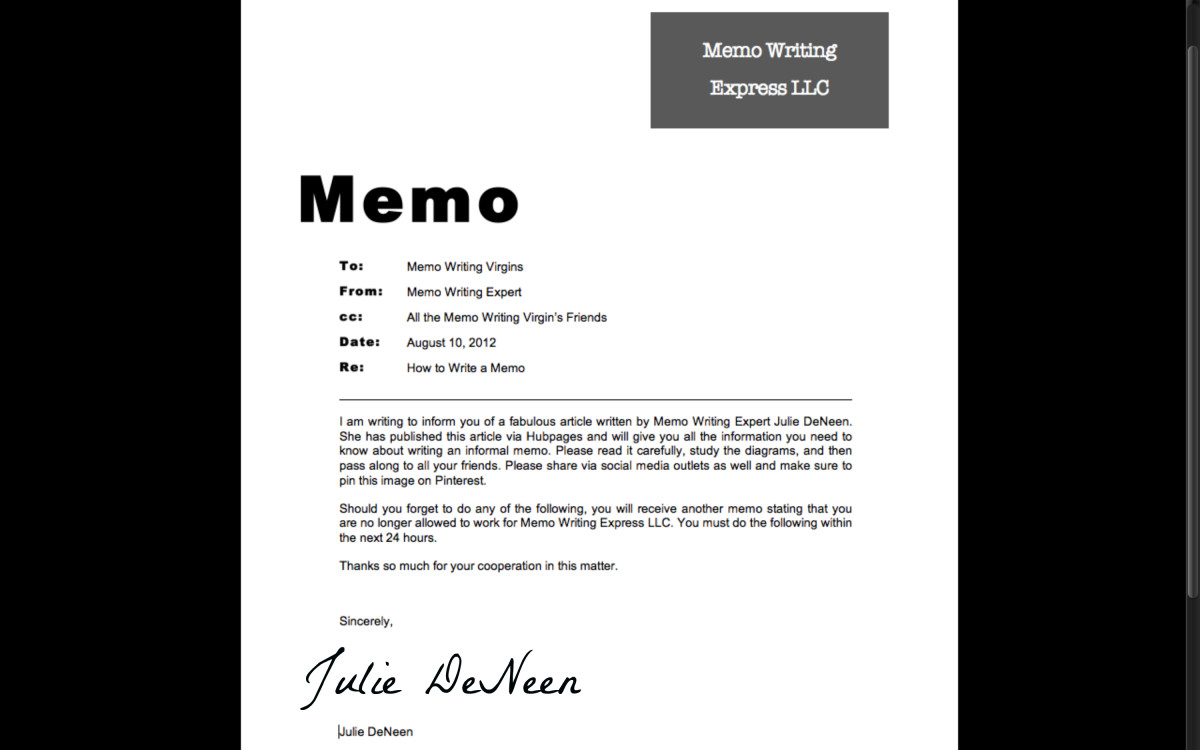50 Thoughts on Writing: Part 1
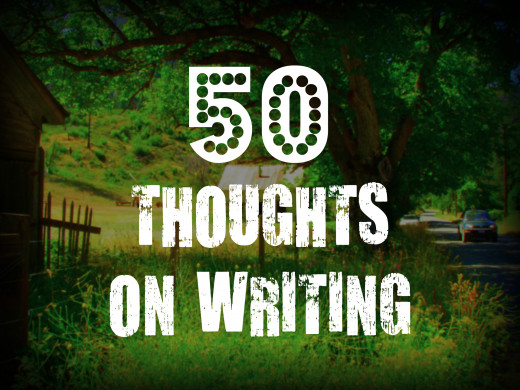
1. Writing fiction is really lying, in order to tell the truth.
The audience wants to be fooled—but they also want to feel something real. There is a great line in the film The Prestige, where a dying magician tells his rival the real reason he does magic:
The audience knows the truth: the world is simple. It's miserable, solid all the way through. But if you could fool them, even for a second, then you can make them wonder. -The Prestige
People pick up books and go to movies for the same reason: they want to escape, to be fooled, to believe in the impossible, to connect, to feel something.
2. Write for yourself.
Writing is deeply personal—and the truth is, this business changes faster than you can keep up with the trends, so don't even try. By the time you finish your vampire story, vampire stories will be out and Elf stories will be cool again.
3. Write what you want to read.
Maybe you spent months grueling over your manuscript and only your mother buys a copy. Two hundred query letters later, your cousin now has a copy. So what—if when you read your own story, it keeps you up into the wee hours of the morning, and it is the best story you have ever read, don't you think it was worthwhile?
“If there's a book that you want to read, but it hasn't been written yet, then you must write it.” -Toni Morrison
4. Understanding how to create a plot is simple.
Every story ever told has a beginning, a middle, and an end. Every story has a conflict and a resolution. It's the foundation of a building; lay a solid foundation and you then have the freedom to tell whatever story you like.
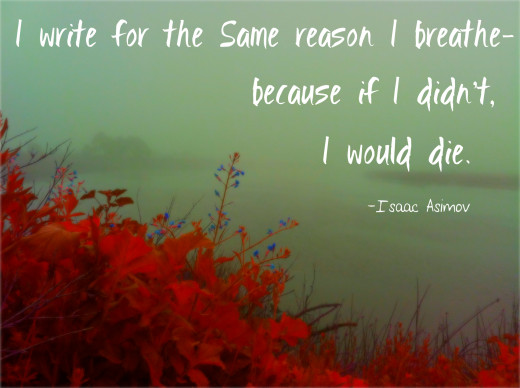
5. The audience wants to feel something.
The audience is investing time in your story because they want to feel what it's like to feel loss, to love, to be betrayed, to conquer their fears, to overcome a trial, to start over, to be a spy, to be a dancer, to be a crime boss—whatever it is, make sure they feel it.
6. Its all about desire.
Every character, behind every action and word, wants something. Find out what it is and tell a story about it.
Every Character wants something.
7. Conflict is everything.
There is no such thing as a story without a conflict. Our whole world is in conflict and your story is an act of war.
8. There is nothing new under the sun.
A corrupt cop, a bored housewife, an artist lured away by the cruel mistress of fame: it's all been told. In fact, all stories derive off of a simple set of archetypes. If a story feels familiar, it's because it is.
As humans, whether we want to admit it or not, we are all very similar and want similar things. Storytelling is really an intricate act of recycling.

9. Goal #1: Trap the rat!
Your goal, as a storyteller, is to hand your poor little protagonist a conflict, then heap every obstacle in front of him, until it looks like there is no hope whatsoever. Corner him like a rat, watch him squeal, watch him cower—and don't ever hand him a life raft. Nope, make him build his own.
10. Every chapter, every paragraph, and every word should ooze with tension.
Just having a 3 point conflict plot structure isn't enough, every word needs to move the story towards the climax. Tension is the coal being shoveled into the engine—it is the energy that moves the story forward. No coal=no movement=no story.
11. “I write to give myself strength. I write to be the characters that I am not. I write to explore all the things I'm afraid of. ” - Joss Whedon
Drop Your Character Out on the Dance Floor and Make them Dance!
- Make Them Dance: A Guide To Writing Irresistible Fic...
Writing irresistible fiction starts with getting your characters out on the dance floor, upping the stakes, multiplying the consequences, and piling on the tension.
12. Let the characters tell the story.
A plot can point you towards a target, but the real motion of the story belongs in the hands of the characters. They will tell you where they want to go, even if you have to drag them kicking and screaming.
13. Drop your character into a conflict.
A game I used to love to play was Roller Coaster Tycoon. Within the game, you could pick up any of the visitors to the theme park and drop them anywhere you wanted. They could be named, and they each had different personalities and ride preferences. You'd pick one up with a giant claw and drop them in front of a roller coaster; one would jump for joy, while another would throw up, keep walking, and get in line for the ferris wheel.
That is what you must do with your characters, take the giant claw and pick up a plumber from Montana, drop him in the Big Apple, and see what he does with it. Take an ordinary character and drop him or her into an extraordinary or unlikely situation, then watch them squirm.
14. Words have power.
"I have a dream," "For God so loved the world," "We hold these truths to be self-evident, that all men are created equal," "The bombs bursting in air, gave proof through the night, that our flag was still there," "Houston, we've landed."
Words have the power to give life, to end a war, to fight for freedom, and to trample injustice. They can hold a whole country in the palm of their hand and they can echo back across the span of centuries. Don't ever underestimated the power and privilege you have as a writer.
Continue on to Part 2!
- 50 Thoughts on Writing: Part 2
Part 2 of my series on writing. Be inspired to write your best!
© 2015 Jennifer Arnett

